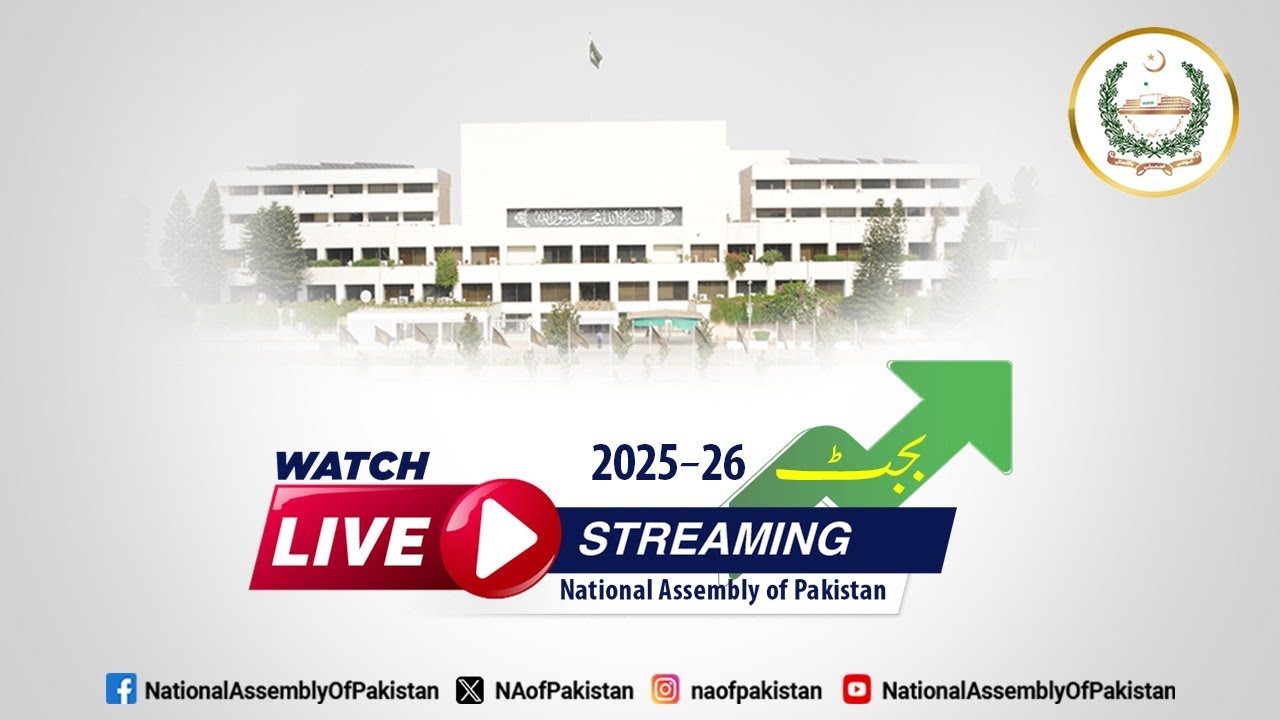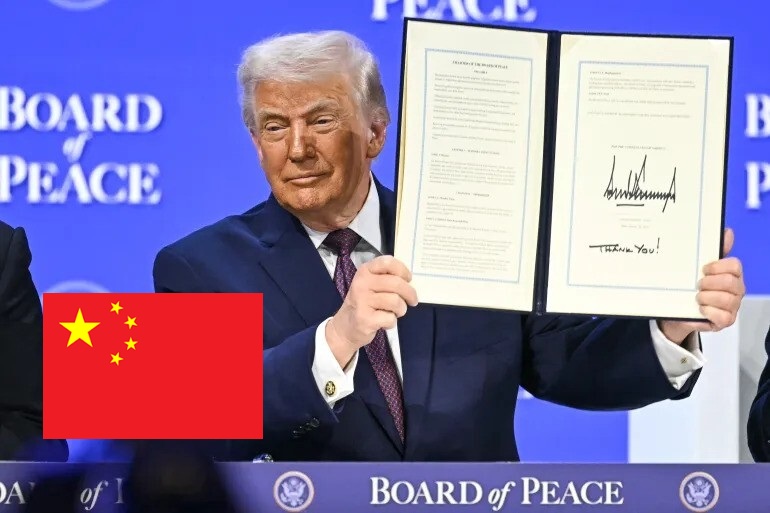ISLAMABAD — The ongoing budget debate in National Assembly of Pakistan has become a focal point for political tensions, highlighting deep divisions within the ruling coalition and raising concerns about the country’s fiscal health. Lawmakers have expressed strong reservations over the proposed federal budget for the fiscal year 2025-26, which stands at Rs17.573 trillion—a 7% decrease from the previous year. While the government aims to boost economic growth to 4.2% and reduce the fiscal deficit to 3.9% of GDP, opposition parties and coalition partners have criticized various aspects of the federal budget.
Political Rift Within the Coalition
The Pakistan Peoples Party (PPP), a key partner in the ruling coalition, has been vocal in its criticism of the budget, particularly regarding allocations for Sindh province. PPP lawmakers argue that the federal government has neglected Sindh’s development needs, with insufficient funds earmarked for infrastructure and social welfare projects. They also allege that the federal government has failed to transfer projects previously managed by the now-defunct Public Works Department (PWD) to the provincial government, a move that was agreed upon but not implemented in Sindh.
Similarly, the Muttahida Qaumi Movement-Pakistan (MQM-P), another coalition partner, has raised concerns about the budget’s provisions for Karachi and other urban centers in Sindh. While MQM-P acknowledges the federal government’s role in Sindh’s development, it also criticizes the PPP-led provincial government for not adequately addressing the needs of Karachi, Pakistan’s economic hub. This intra-coalition discord underscores the challenges the government faces in maintaining unity among its partners.
Opposition’s Economic Critique

Opposition parties, including Pakistan Tehreek-e-Insaf (PTI) and the Pakistan Peoples Party (PPP), have criticized the budget’s emphasis on defense spending and its potential inflationary impact. The defense budget has been increased by 20% to Rs2.55 trillion, a decision made in response to recent military confrontations with India. While the government justifies this hike as necessary for national security, critics argue that prioritizing defense over sectors like education, healthcare, and agriculture could exacerbate existing economic challenges.
Furthermore, the government’s ambitious tax revenue target of Rs14.131 trillion has raised eyebrows. Opponents question the feasibility of this goal, given the country’s historical challenges in tax collection and the economic strain faced by ordinary citizens. They argue that the burden of increased taxes will disproportionately affect the middle and lower-income classes, potentially leading to greater economic disparity.
Analysts’ Perspectives on Budget
Economic analysts have expressed skepticism about the government’s growth projections and fiscal strategy. While the budget outlines plans to increase revenues by over 14% and reduce the fiscal deficit from 5.9% to 3.9% of GDP, experts point out that these targets may be overly optimistic. Challenges such as low tax compliance, a narrow tax base, and underperformance in key sectors like agriculture and manufacturing could hinder the achievement of these objectives. Moreover, the proposed cuts in subsidies and interest payments, while creating fiscal space, may have adverse effects on vulnerable populations and public services.
The government’s plan to boost economic growth to 4.2% is also met with caution. Analysts note that such growth is contingent on successful implementation of structural reforms, increased investment, and stabilization of key economic indicators. Without addressing underlying structural issues, achieving sustainable growth remains uncertain.
Public Sentiment and Future Outlook
Public reaction to the budget has been mixed. While some sectors welcome the increased defense spending as a necessary measure for national security, others express concern over the allocation of resources. Citizens and civil society organizations advocate for a more balanced approach that addresses pressing issues such as poverty alleviation, healthcare, education, and climate change. Even, international media reports that the budget debate reflects a broader demand for prioritizing the welfare of the general populace over other expenditures.
As the National Assembly continues its deliberations, the outcome of the budget debate will have significant implications for Pakistan’s economic trajectory and political landscape. The government’s ability to reconcile internal differences, address opposition concerns, and implement effective fiscal policies will determine the success of the 2025-26 budget and its impact on the nation’s development.
~Sabahuddin Qazi



